Joint Seminar by Japan Maritime Center and the IOPC Funds “The role of the IOPC Funds in the protection of the marine environment ― Now and in the future ―” were held
Japan Maritime Center (JMC) has five standing committees, which provide fora for discussion among experts from industry, Government, and academia in order to give assistance to Japanese Delegation to the IOPC Funds’ governing bodies meetings and various committees of the IMO. JMC’s researchers have also constantly participated in those meetings and committees as a part of the Delegation.
Mr. Shukuri, JMC’s chairman, had a meeting with the Director of the IOPC Funds in London last year and agreed to promote cooperation with each other. JMC and the IOPC Funds held this Joint Seminar on the role of the IOPC Funds in the area of protection of the marine environment and prevention of oil pollution etc. as a part of this cooperation.
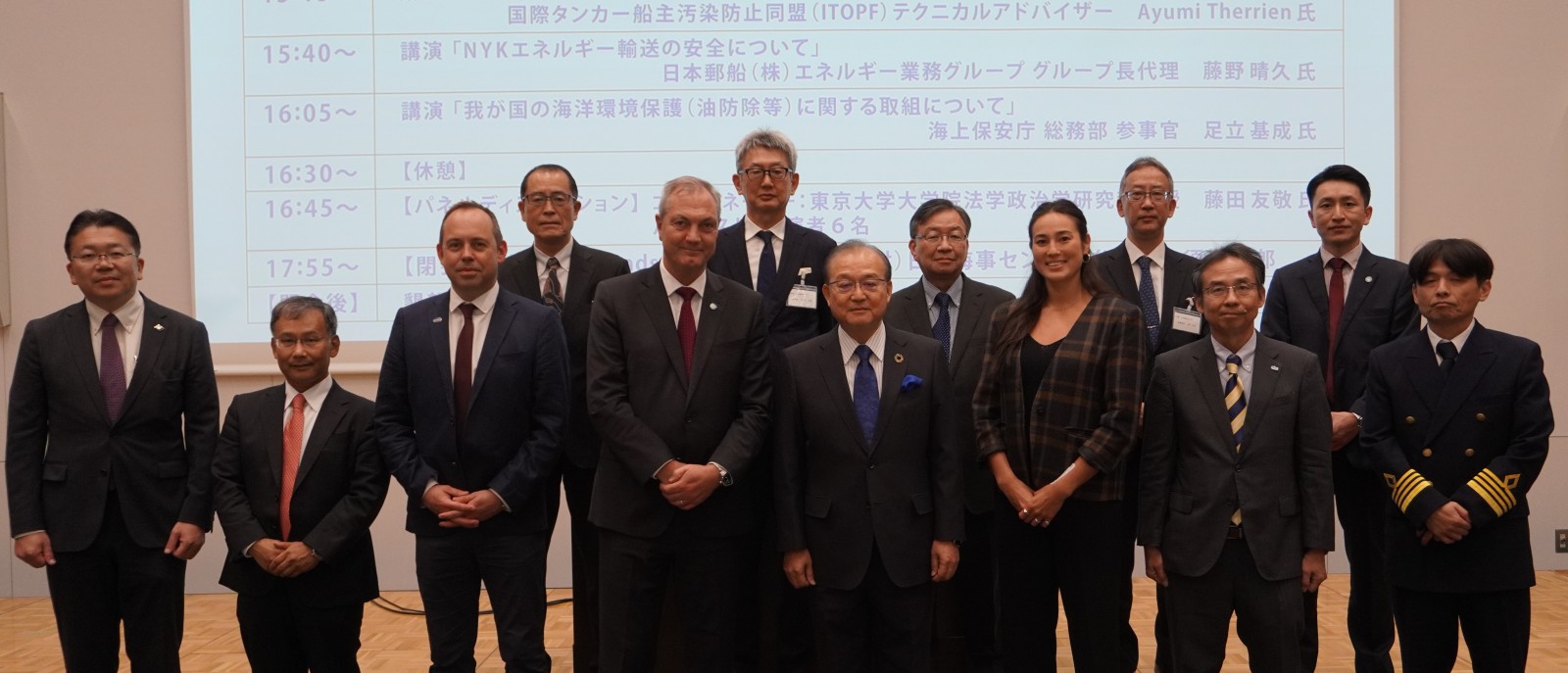 |
|
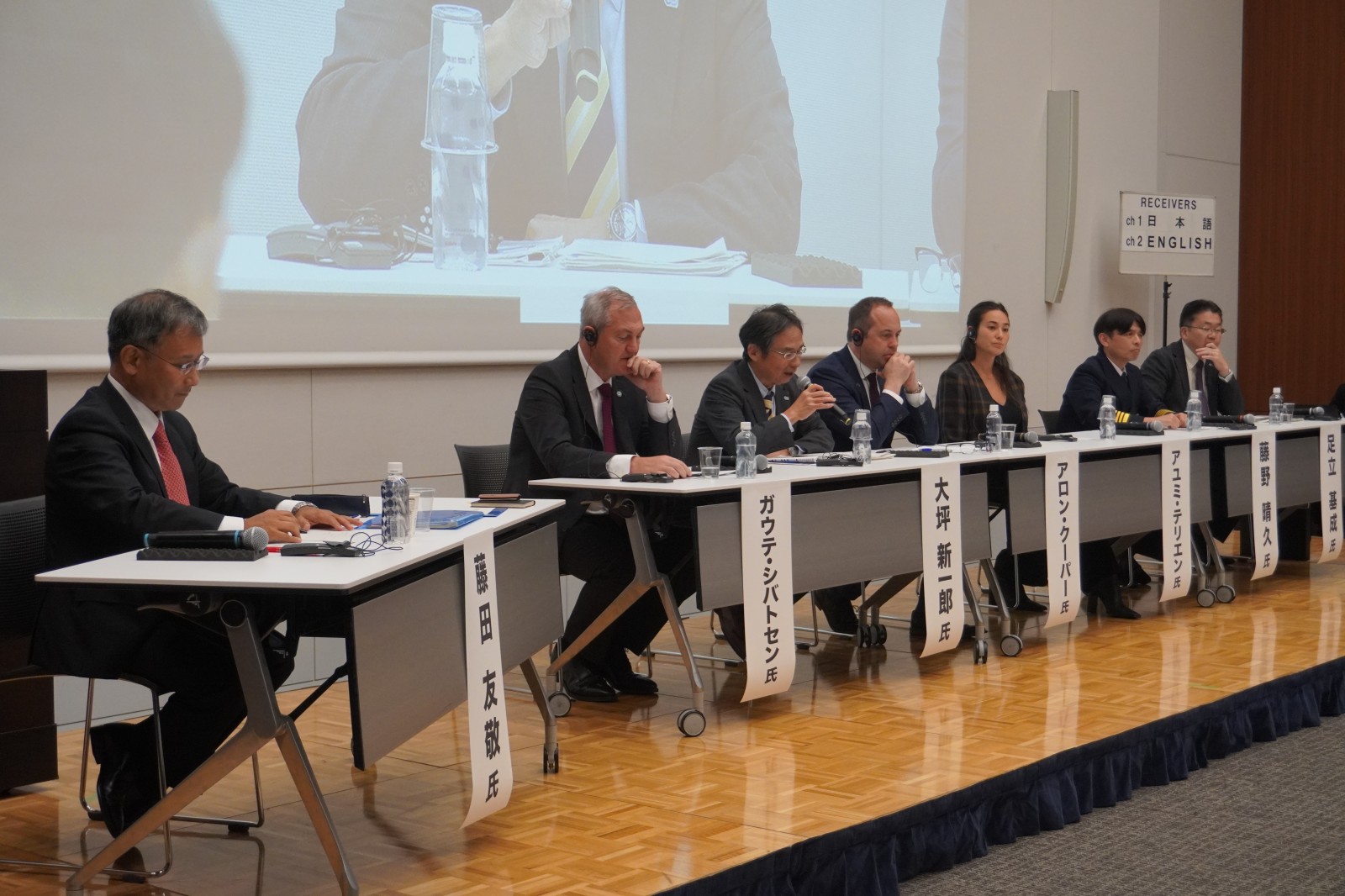 |
|
| Objectives | 1) Renew awareness of the activities of the IOPC Funds by inviting the Director of the Funds as a key note speaker at the time of his visit to Japan. The topic will cover the recent developments, challenges, and future prospects of the Funds. The focus will be on the roles that the Funds have played for the marine environment protection and oil pollution prevention, and the contributions made by the Funds so far by providing the victims of the oil pollution damage caused by carriage of oil by tankers, with the rapid and sufficient compensation in the international context. 2) Provide opportunities to learn recent developments, challenges and future prospects on (i) marine environment protection, preparation for oil pollution prevention and experience of response to oil pollution, such as various efforts made under OPRC and MARPOL Conventions, (ii) SIRE programme of oil industry provided by OCIMF and technical services provided by ITOPF to shipowners and authorities at the time of marine pollution incidents. |
| Date | October 18, 2023 |
| Venue | Iino Conference Center, Room A (Hybrid Format) |
| Organized by | Public Interest Incorporated Foundation Japan Maritime Center/IOPC Funds |
| Cooperated from | Ministry of Land, Infrastructure, Transport and Tourism |
| Opening Remarks |
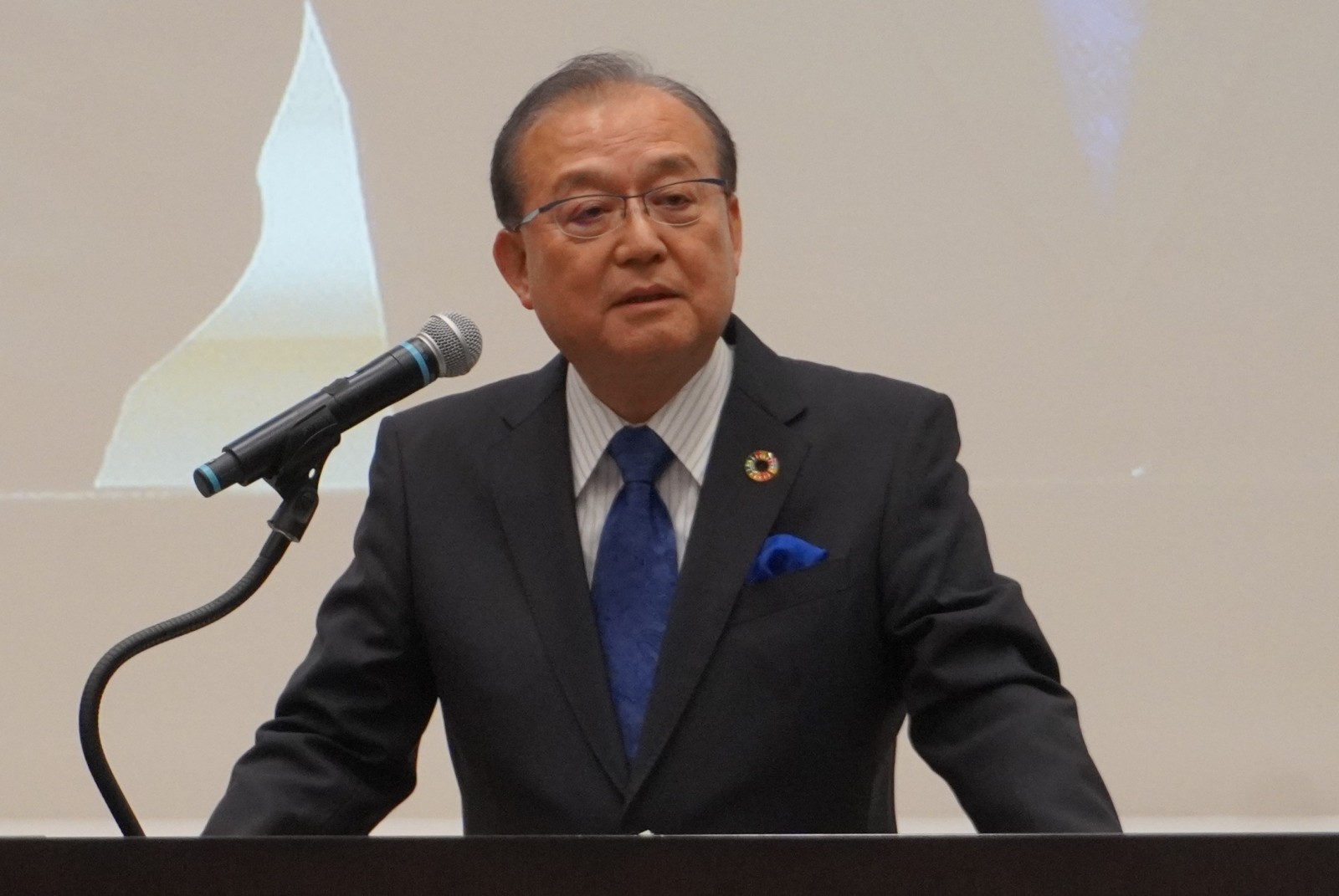 |
| Presentation 1 (Keynote) |
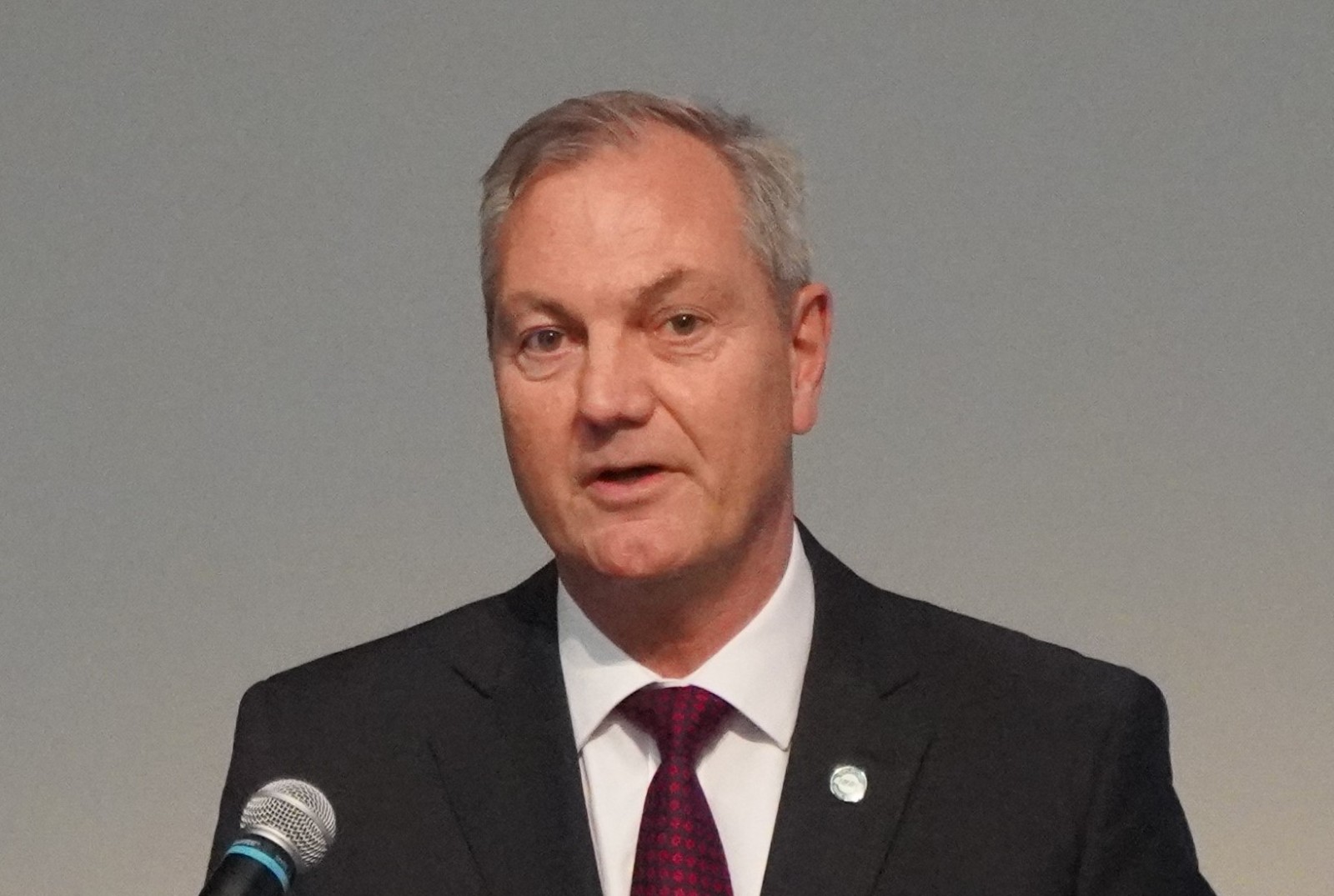 |
| Presentation 2 |
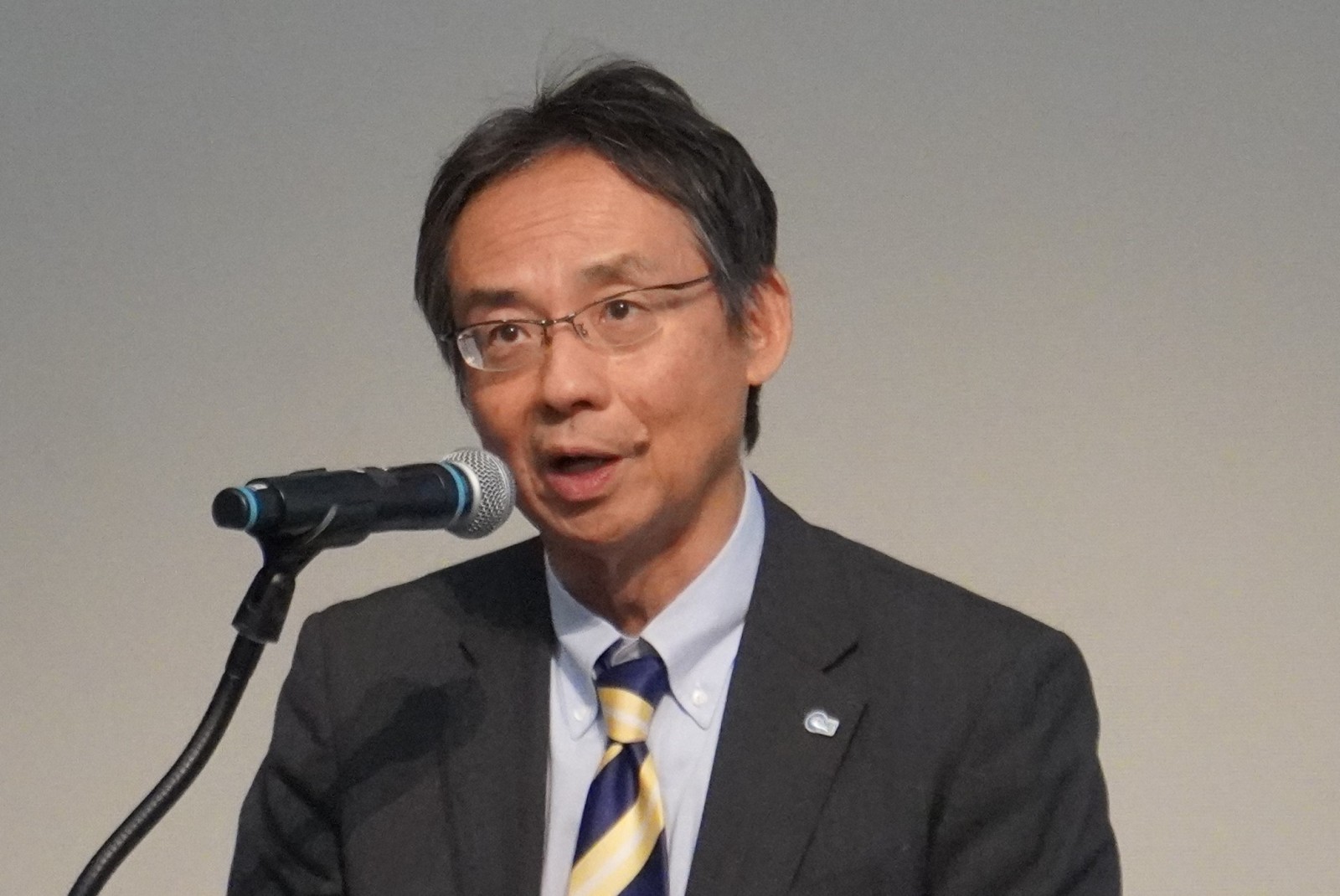 Dr Shinichiro Otsubo |
| Presentation 3 |
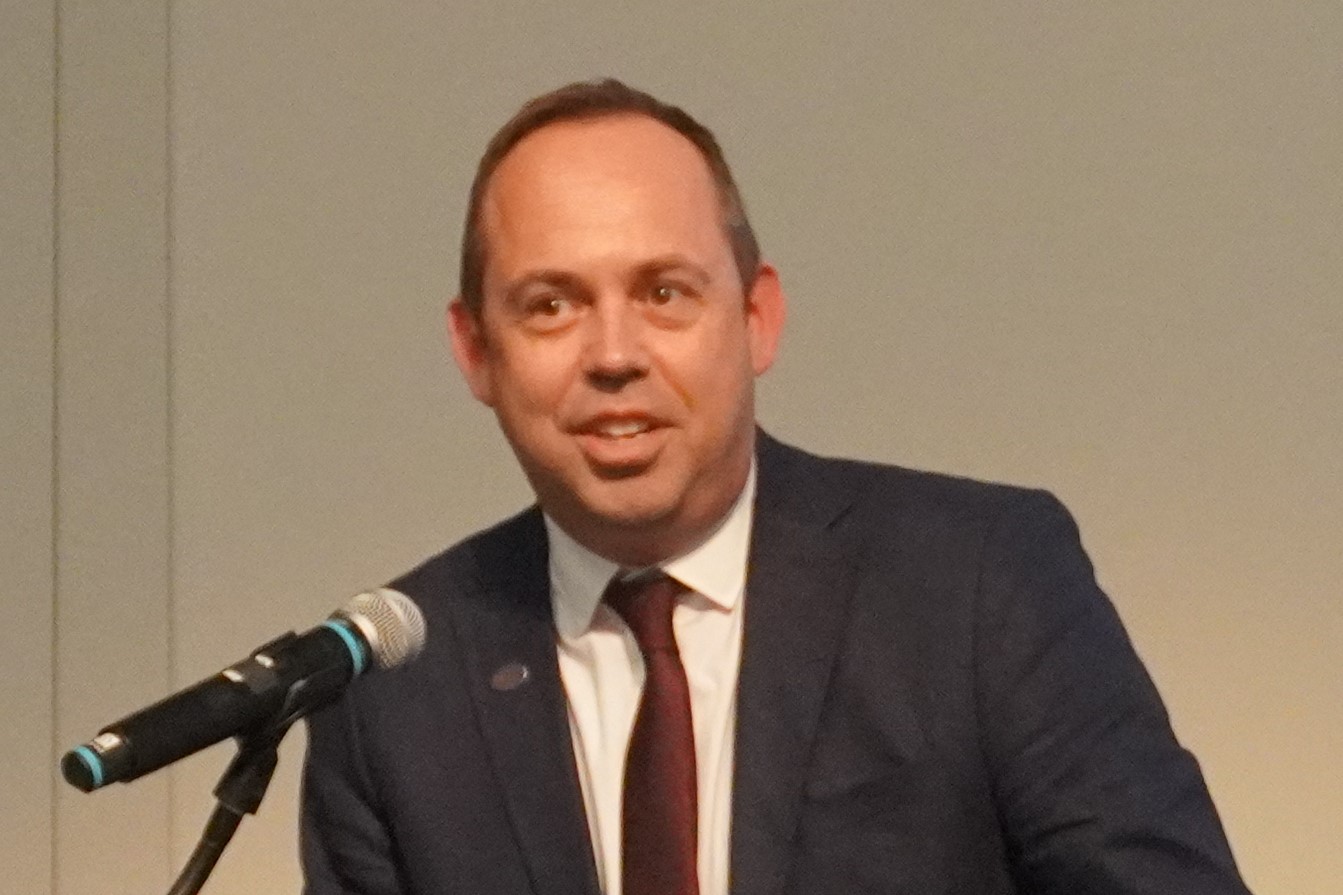 |
| Presentation 4 |
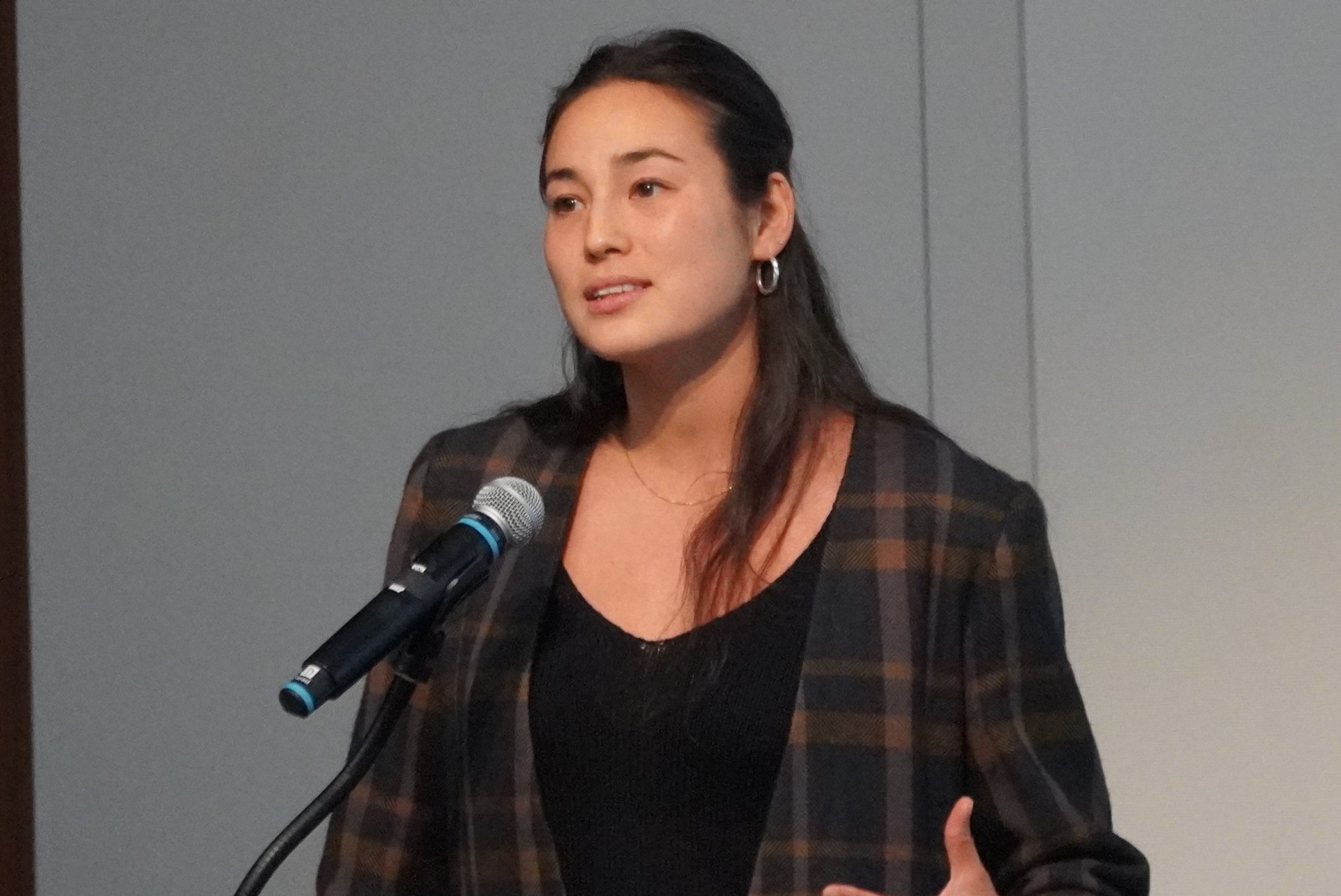 |
| Presentation 5 |
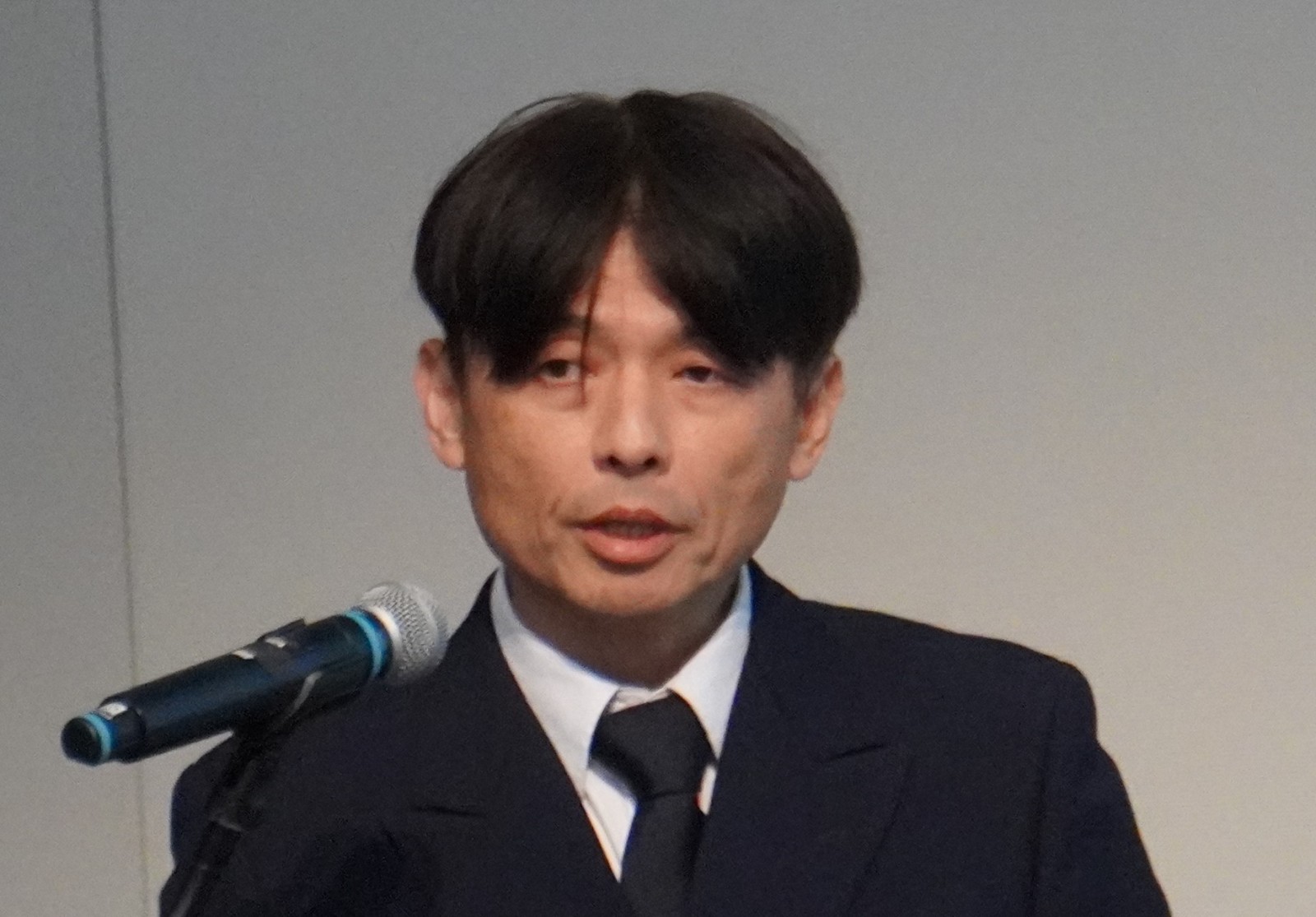 Capt. Haruhisa Fujino |
| Presentation 6 |
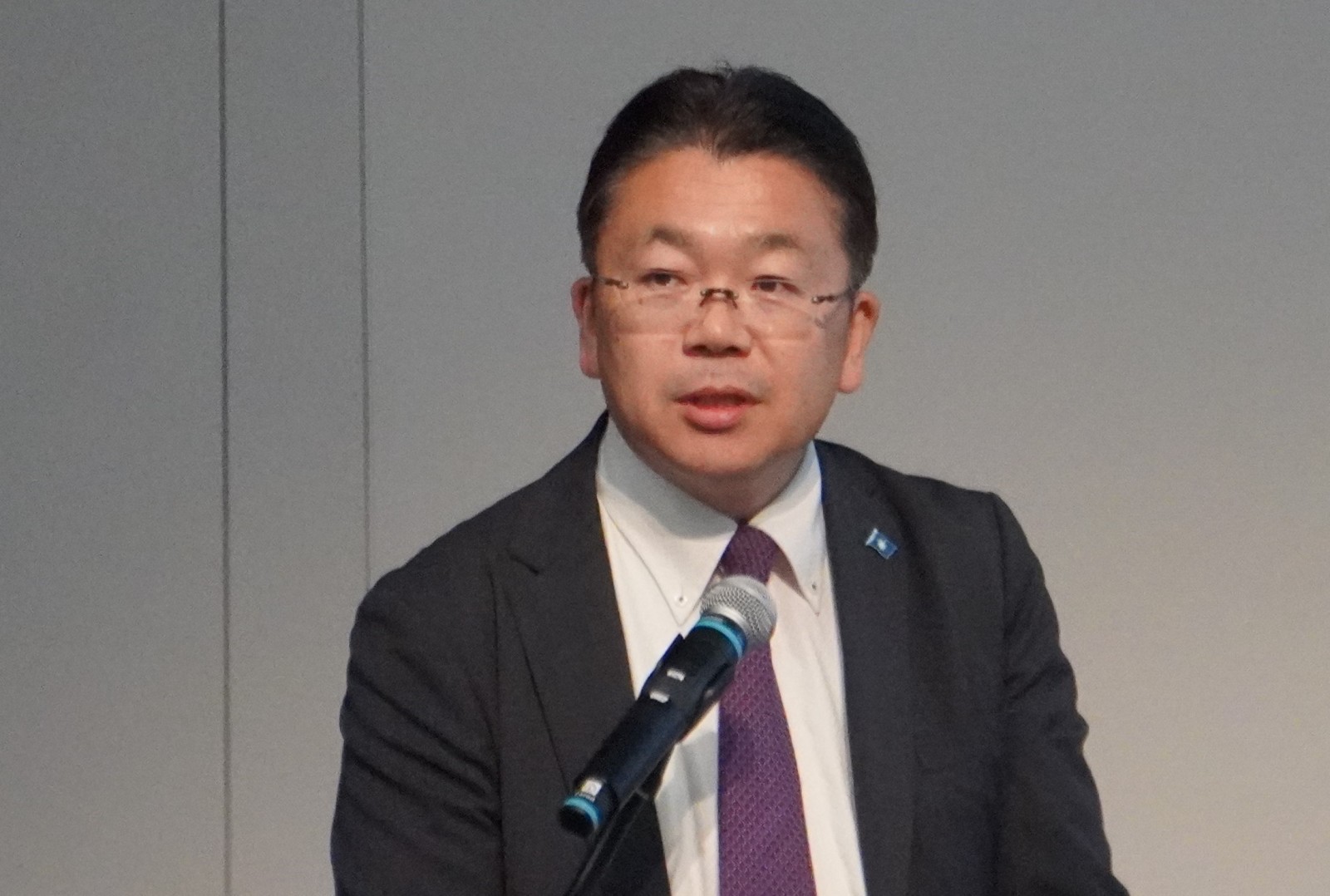 Mr Motonari Adachi |
| Panel Discussion |
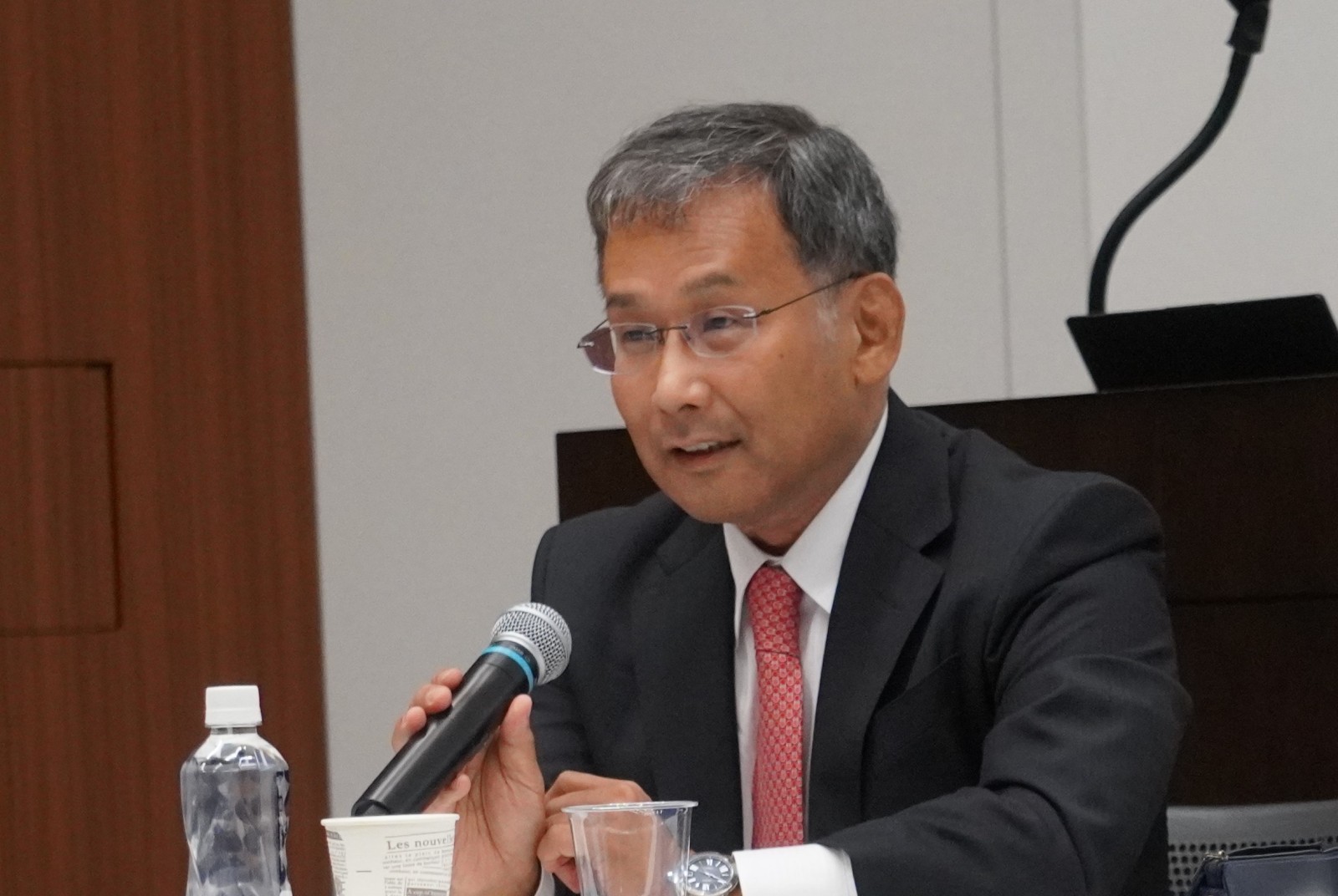 Coordinator: Prof. Tomotaka Fujita |
| Closing Remarks |
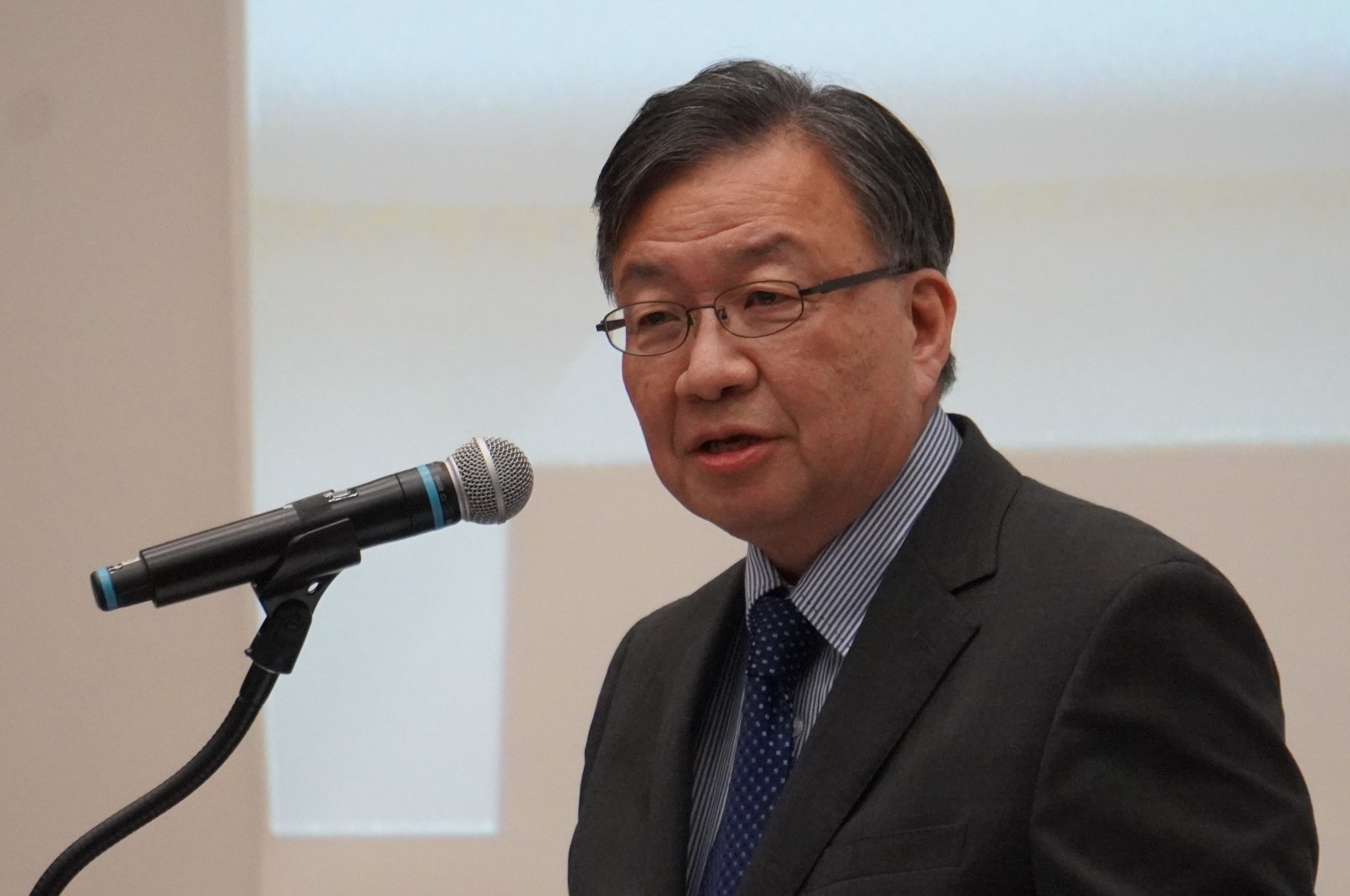 |
| forum video (Through) |
https://www.youtube.com/watch?v=rqb5l3qj3_c |
Results
(Opening Remarks)
Mr Masafumi Shukuri
Chairman of JMC
See here
(Summary of Presentation)
Presentation 1 (Keynote)
Mr Gaute Sivertsen
Director, IOPC Funds
“The Role of the IOPC Funds in the protection of the marine environment now and in the future”
Summary: Mr Sivertsen made a presentation on the history of the establishment of the IOPC Funds, the function of the Funds’ system, the Funds’ specific activities in the aftermath of oil pollution incidents, and some current challenges for the Funds, etc.
Presentation 2
Dr. Shinichiro Otsubo
Distinguished Project Research Fello, JTTRI
Specially Appointed Professor, of the Institute of Ocean Research and Development, Tokai University
(former Director-General, Maritime Bureau, MLIT)
“Policy instruments to enhance the maritime safety and environment protection”
Summary: Dr. Otsubo explained the necessity for ships and shipping industry internationally regulated, the international regulations applied to maritime safety and marine environment protection, the framework of flag state and port state controls to ensure implementation of those regulations, as well as difficulties encountered when regulating or controlling maritime transport. He also indicated that maritime accidents could occur despite all those efforts to prevent them and stressed the necessity of “policy mix” for ensuring safety of navigation to minimize accidents.
Presentation 3
Capt. Aaron Cooper
Programmes Director, OCIMF
“SIRE 2.0; A step change in tanker inspections, vetting, and assurance”
Summary: Capt. Cooper introduced his organization, OCIMF, and its activities, and provided an explanation of SIRE (Ship Inspection Report Programme), which is an inspection scheme devised on the initiative of the oil industry. He explained the difference between the current SIRE and the SIRE 2.0, why SIRE should be updated, and the transition measures being taken. He also introduced BIRE (Barge Inspection Report Programme), an inspection scheme for a barge and inland coastal vessel.
Presentation 4
Ms. Ayumi Therrien
Technical Adviser, ITOPF
“The Role of ITOPF during Marine Pollution Incidents”
Summary: Ms. Therrien introduced her organization, ITOPF, and its activities. She provided an explanation on the series of actions or responses when a marine accident happens, the need to have emergency plan or arrangement in advance of the accident, as well as the process of claims analysis and assessment of pollution damages.
Presentation 5
Capt. Haruhisa Fujino
Energy Co-ordination Group General Manager, NYK Line
“Safety of NYK Energy Transportation”
Capt. Fujino gave explanation on the NYK’s own unique measures for safety of navigation by the oil tankers, on the recognition that prevention of marine accidents is critically important for protecting marine environment. These measures are on top of the international regulations imposed by the inter-governmental organizations to oil tankers, ship inspections scheme devised by international non-governmental organizations such as OCIMF.
Presentation 6
Mr. Motonari Adachi
Deputy Director General, Guard and Rescue Department, JCG
“Action of the Japan Coast Guard for the marine environment protection including the oil spill response”
Summary: Mr. Adachi provided an explanation on the current situation of oil pollution around Japan, the oil spill response system by JCG, international aid to Asian countries for oil spill response, and the preparedness for response to marine pollution caused by next-generation fuel from ships.
【Panel Discussion】Panel Discussion
Coordinator: Professor Tomotaka Fujita
Professor of Law, Graduate Schools for Law and Politics, The University of Tokyo
Panelist: All presenters
Summary
Dr Otsubo:
I appreciate the IOPC Funds’ effort for fairness of burden-sharing. Are you considering inviting those non- ember States, which have the capacity of submitting oil reports and paying contributions to the Funds? In addition, could you tell us how to address a feeling of unfairness induced by sub-standard shipping companies, which may try to evade sanctions imposed by the international community.?
Mr Sivertsen:
It is necessary for the Funds to keep efforts for ensuring the fairness. Draft resolution No.13 will be submitted to the next session of the governing bodies’ meeting of the IOPC Funds, that would authorize the Funds to issue invoices to oil receivers located in the member states with outstanding oil reports on the basis of estimated amount of receiving oil. In future, the gap between the amount of the receiving oil in the oil reports and the amount estimated on data could be addressed. As to the promotion of ratification, we should consider which states could understand the CLC/FC system well and abide by the conventions. At the present time, we would like to approach to Indonesia, for example. receiving persistent oil, was a member of the 1971 Fund but not the 1992 Fund. Furthermore, we are inviting member States of 1992 Fund to ratify the Supplementary Fund Protocol. As to the substandard shipping companies which are evading the sanctions, we are attracting attentions of flag states and port states to dark fleets and call them upon to actively examine insurance coverage.
Capt Fujino:
As an owner and an operator of tankers, our company has studied SIRE 2.0.and is taking part in the Phase 2. The inspection is being made using tablets. Some SIRE inspectors are apparently quit having difficulty in catching up with the system. I wonder what kind of measures you are taking to maintain the necessary number of SIRE inspectors? The other question is, as I understood it, the SIRE2.0 inspectors check and record not only the negative points but also the positive points under its scheme. In which way are you going to utilize the positive points?
Capt Cooper:
We have some issues to produce a viable inspection system. Digitalization has a negative impact, such as resignation of inspectors. It is one of the important challenges to keep and increase the SIRE inspectors. At present, we provide various training courses in webinar etc. However, we need hundreds of inspectors at phase 3. At the next stage, trainees must be trainers. We hope that these efforts could bring success. Regarding utilization of record of positive points, the OCIMF members are solely in charge of evaluating the records, the OCIMF itself should not do it. Our task is only observation, not evaluation. In light of this position, we should continue to consider some ideas.
Capt. Fujino:
I think it may be a good idea to add some points to management companies or to present an award to them.
Capt. Cooper:
We will consider such ideas.
Mr. Adachi:
As I understood it, ITOPF puts an importance to work on site. Do you have an experience to respond an oil pollution incident, that impacted two or more States? If that is the case, what kind of specific challenges have you got? The other question is, as various types of new banker fuels will be introduced in the shipping market, carriages of such new fuels by sea will become more frequent. Are you studying towards establishing the system of response and preparedness to marine accidents involving such new fuels already?
Ms. Therrien:
ITOPF is involved in dozens of oil pollution incidents every year. Some of those incidents have actually caused pollution damage to two or more states. I had the experience of working in such incidents. Actually, oil gets carried away by the current from one country to another country. In that case, we need to talk with two or more States at the same time and move to different countries. In addition, it is very important for the authorities in different countries to collaborate with each other. Expertise and objectivity are our characteristic features. Taking advantage of these features, we sometimes play the role of mediator. It is our task to support or advise response to or preparedness for oil pollution with the assumption of an incident damaging two or more States, applying our objectivity. Regarding new green fuels, we support establishing a response procedure to such fuels. We think that these fuels are rapidly becoming popular, so we have already begun to study internally together with chemical experts.
Capt. Fujino:
Not only the tankers, but also the other types of ships cause marine accidents. Talking of recent fire accidents, the causes of fire were diverse, resulting in different responses required. In addition, fire on board is required to be extinguished with minimum quantity of water. If the ITOPF is considering the response to the other type of ships, and is taking the field-oriented approach, I would like to invite the staff of ITOPF to visit our ships by all means.
Ms. Therrien:
It is our pleasure to be invited on board. It is a good chance. We are willing to go on board your ships or any other ships that any audience owns or operates. Taking the field-oriented approach is very important for us. I really appreciate your proposal.
Porf. Fujita:
It is often mentioned that the ITOPF and IOPC Funds work together on a large-scale incident.. How is your cooperation made in actual cases, and are there any issues in your cooperation?
Mr Sivertsen:
When a ship insured by a P&I club which is a member of the International Group has an accident, ITOPF will usually cooperate with that P&I club and the IOPC Funds as an expert. Even if an insurer is not a member of the International Group, the IOPC Funds often ask ITOPF to cooperate with themselves as well.
Ms Therrien:
In the incident of MT Princess Empress in the Philippines, ITOPF is assessing the impact of oil pollution damage in the sectors of fishing, aquaculture, life of inhabitants, and recovery of the environment on behalf of both the insurer and the Funds. As Dr Otsubo said, because fairness is critically important for the Funds, it is very important for ITOPF to make a consistent advice and recommendation even in different States. Such consistency is our raison d’être, as a global expert.
Mr Sivertsen:
The incident of MT Princess Empress is a good example of the cooperation between ITOPF and the Funds. ITOPF is playing a great role in the assessment of oil pollution damages to the fishing industry and others in good cooperation with the Funds. ITOPF is an excellent partner for the IOPC Funds.
Mr Adachi:
The Japan Coast Guard is highly interested in the status of the 2010 HNS Convention, whether or when the convention will enter into force, and I would like to know what Japan’s position is.
Dr Otsubo:
I also wanted to ask the same question. When I was a Director-General of the Maritime Bureau, we considered whether we should accede to it and make domestic law for its implementation or not. In 2019, Japan acceded to the Bunker Convention and the Nairobi Wreck Removal Convention and amended the implementation law, “Act on Liability for Oil Pollution Damage.” At that time, the Bureau also positively considered the possibility of acceding and implementing the 2010 HNS Convention, but could not make a final decision because of conflicting views of the interested industries. I am not sure of the current views of the Bureau. I wonder if anybody has a view on whether the entering into force condition will be met, and what benefits that convention may bring to Japan by accession.
Mr Sivertsen:
I can only say a country will ratify it soon. I cannot tell you which country, but it’s a big country in Europe. In 2024, another 3 countries would ratify it. As a result, if 2 more countries ratify or accede to it, the condition of the required number of ratified or acceded countries would be met. We expect that these 2 countries are not small countries or developing countries, but countries that could pay contributions to the HNS Fund. It would be preferable that those 2 countries also have enough knowledge about the system of international compensation funds and make sensible advice to interested parties. I often use the word, “guestimate,” which has meaning between “guess” and “estimate.” I guesstimate that the convention may enter into force at the end of 2024 or at the beginning of 2025. We would have 18 months from that date. The key to success is to firmly establish a reporting and contributing system. As to the benefits for Japan, in case Japan’s industries could be directly liable for compensation for the damages caused by maritime transport, the HNS Fund could make compensation to victims instead of the interested industries, if it is established. In addition, if the international system of liability and compensation works, people living along the coastline of Japan could be protected from impacts caused by foreign-flagged vessels entering into territorial sea or inland waters of Japan. I would like to reiterate that it would be key to ensure the submission of the HNS report and the payment of contributions.
Professor Fujita:
To begin with, even the well-established current system needs to be enhanced regarding the effectiveness of contribution. The current fund’s system covers the oil industry only, but the 2010 HNS convention covers a number of industries. Without fair scheme of contribution, one cannot have confidence in the system itself.
Ms. Therrien:
As Capt. Fujino mentioned it, cooperation and collaboration among interested parties are very important in this field. So, it is also important to make daily efforts to build confidence among the parties by boarding ships, holding seminars, and so on, irrespective of the occurrence of an accident. I would like to stress the importance of communication which can create a feeling of confidence.
Capt. Fujino:
I agree with Ms. Therrien. Cooperation and collaboration are very important. I believe that transparency is a basis for them. I response to an actual accident, we place importance on both transparency and promptness.
Professor Fujita:
We are running out of time. My last questions are what are the most important or serious issue you currently have, and what do you expect for the Japanese Government or Japan’s maritime industries.
Capt. Cooper:
As we see it in the presentation by Capt. Fujita, human factor has received lots of attention as a cause of accidents. That is why many things involving ships and their operations are digitalized, and the era of AI is coming. Digitalization has many advantages of trend analysis and identification of gaps etc. By analyzing the data and evaluating the results of such an analysis, we can take the initiative in accident prevention. Some shipping companies have already used AI to optimize the shipping schedule and the manning. It is said that 80 percent of the causes of marine accidents rests on human factors. People fail. So, we should move forward to digitalization, and, at the same time, digitalization is the most important challenge for us.
Ms Therrien:
We have lots of issues or challenges and also lots of hopes. The way of response to low-sulfur fuel oil is the issue at hand. Digitalization and AI cannot actually respond to oil pollution. In this context, developing on-site competency is one of the issues to tackle, but in the case of Japan, a well-arranged system for response has already been established. Therefore, we would like the related parties in Japan to place emphasis on communication with interested parties and keep efforts to enhance transparency.
Mr Sivertsen:
The most serious issue is a dark fleet. I cannot sleep for worrying that a dark fleet ship could have an accident. If a ship, which is not properly covered by an appropriate insurer, has an accident and causes oil pollution damages, the IOPC Funds have to pay all compensation to victims. The Funds, contributed by oil receivers, cannot share the burden for compensation with the shipowner or the insurer. As I have mentioned before, the submission of oil reports and the payment of contributions are outstanding issues, that will lead to the success of the 2010 HNS Convention. Talking of Japan, Japan’s presence in the governing bodies’ meetings of the Funds and contribution to discussion have been admirable. As ITOPF has already said, Japan has a well-arranged system. Therefore, I will ask the interested people in Japan to keep engaged with the IOPC Funds system. I will also ask Japan to consider accession to the 2010 HNS Convention. I hope Japan will accede to the convention at the early stage.
Dr Otsubo:
I want my junior ex-colleagues in the MLIT to make an effort to keep engaged with the IOPC Funds. The MLIT has supported digitalization in the maritime industry. What I would like to say is digitalization does not mean a reduction of personnel. Seafarers are important human resources and would be authorized to make a final decision relating to a ship operation. I should stress that the operation of an autonomous ship will necessarily need seafarers.
Mr Adachi:
The Japan Coast Guard thinks that it has to enforce the regulation on the dark fleet, especially under the UN sanctions. We have to enforce strict regulations on ships flying the flag of North Korea, but we have some difficulties in relation to the conflict of coastal state and flag state jurisdictions. We should also enforce regulations on ship-to-ship transfer in the territorial waters or EEZ of Japan. In addition, sharing information with ITOPF and the IOPC Funds is important for us, and then, we would like to keep communication with them. As Capt. Cooper stressed the importance of the new technology, we have already introduced the remote-control drone, “Sea Guardian,” and utilized it to monitor unidentified ships and to make a response to marine accidents. We would like to actively tackle the issues involving the new technology, new types of fire on board, and the new fuel.
Professor Fujita:
Protection of the marine environment can only be achieved by a proper combination of human elements, technological elements, and legal elements. Furthermore, it cannot be achieved by the effort of one State, but only by international cooperation and collaboration. This seminar is very meaningful because we can know various efforts made by presenters working for different organizations and internationally contributing to the protection of the marine environment from different positions. The title of this seminar is “The Role of the IOPC Funds in the Protection of the Marine Environment.” The surroundings of the Funds have been changed since its establishment. An increase in member States is something to celebrate, but the Funds have an emerging problem as some States have difficulties with the implementation and enforcement of the conventions. The IOPC Funds will have to overcome different challenges so that the Funds can gain the confidence by the international community and keep developing. The cooperation with international organizations, such as OCIMF and ITOPF, will contribute to further development. The Japanese Government and industries are expected to have a role to take further actions for the protection of the marine environment. We ourselves should become more aware of what we can do to contribute to the protection of the marine environment. In conclusion, I hope that the international system for the protection of the marine environment will develop further through cooperation among the IOPC Funds, State Parties, and stakeholders, including interested industries.
(Closing Remarks)
Dr Hideo Osuga
Member of the Joint Audit Body of the IOPC Funds
See here
